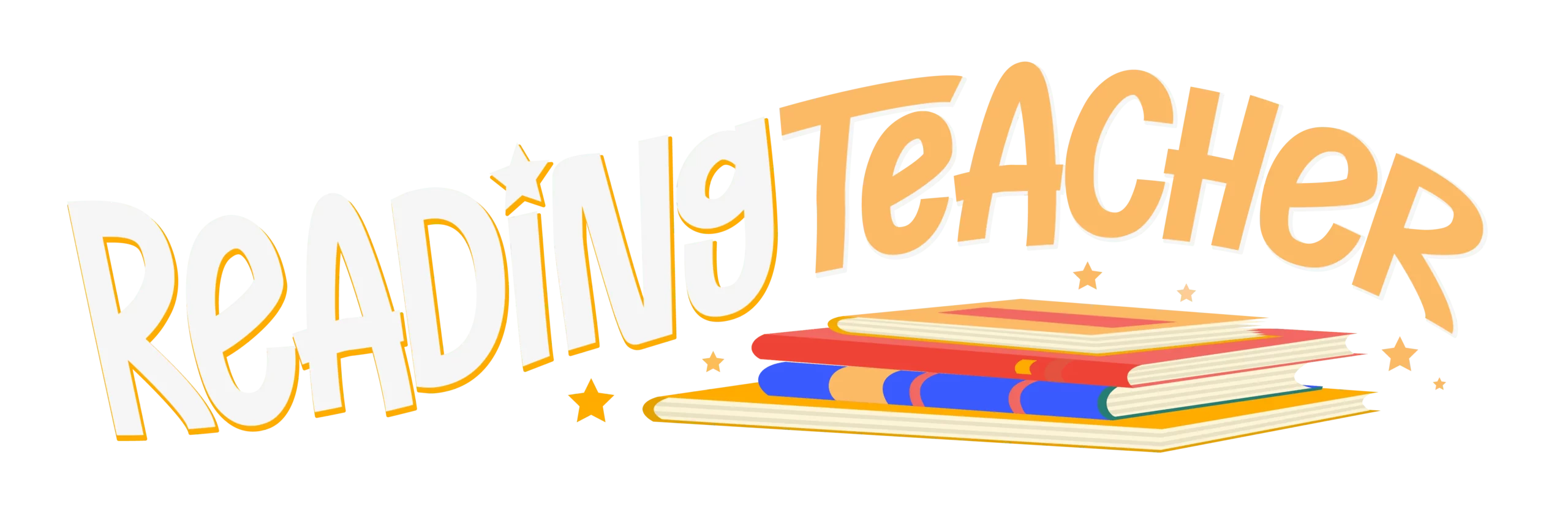Fun and Engaging Reading Activities for Kindergarten
Kindergarten is an exciting time for young learners to embark on their reading journey. It is crucial to provide engaging and interactive activities that foster a love for reading while building essential literacy skills. In this article, we will explore a variety of reading activities specifically designed for kindergarten students. From phonics games and sight word scavenger hunts to read-alouds and interactive storytelling, these activities will not only enhance early reading skills but also promote a positive and enjoyable learning environment.
Phonics Games:
Engage kindergartners in phonics games that reinforce letter-sound relationships. Play "Letter Sound Match" by displaying letter cards and asking students to match them with corresponding pictures. "Phonics Bingo" is another fun game where students identify and cover letter or sound combinations on their bingo cards.
Sight Word Scavenger Hunt:
Create a sight word scavenger hunt by placing sight word cards around the classroom or outdoor area. Students search for the words, read them aloud, and use them in sentences. This activity helps build sight word recognition and reading fluency.
Read-Aloud Sessions:
Read-aloud sessions are an excellent way to introduce kindergartners to the joy of storytelling and develop listening and comprehension skills. Choose age-appropriate picture books and read with enthusiasm, pausing to discuss the story, characters, and illustrations.
Interactive Storytelling:
Encourage kindergartners to participate in interactive storytelling activities. Provide props or puppets and allow students to act out the story or retell it in their own words. This activity enhances oral language development and fosters creativity.
Word Building with Manipulatives:
Use letter tiles, magnetic letters, or other manipulatives for hands-on word building activities. Students can create words based on teacher prompts or build their own words using specific letter sounds. This activity reinforces letter recognition, phonics, and spelling skills.
Picture Book Reflections:
After reading a picture book, engage kindergartners in reflections and discussions. Ask open-ended questions about the characters, plot, and lessons learned. Encourage students to share their thoughts and opinions, promoting critical thinking and comprehension skills.
Sight Word Memory Game:
Create a sight word memory game by writing pairs of sight words on index cards. Place them face-down and have students take turns flipping two cards, trying to find matching pairs. As they turn over each card, they read the sight word aloud. This activity reinforces sight word recognition and memory skills.
Conclusion:
Engaging kindergartners in reading activities sets the foundation for a lifelong love of reading. By incorporating phonics games, sight word scavenger hunts, read-aloud sessions, interactive storytelling, word building with manipulatives, picture book reflections, and memory games, educators can make reading fun and enjoyable for young learners. These activities not only develop essential reading skills but also foster creativity, critical thinking, and social interaction. Remember, kindergartners learn best through hands-on experiences and active engagement. By providing a variety of interactive reading activities, we can instill a passion for reading and set students on a path of literacy success.
